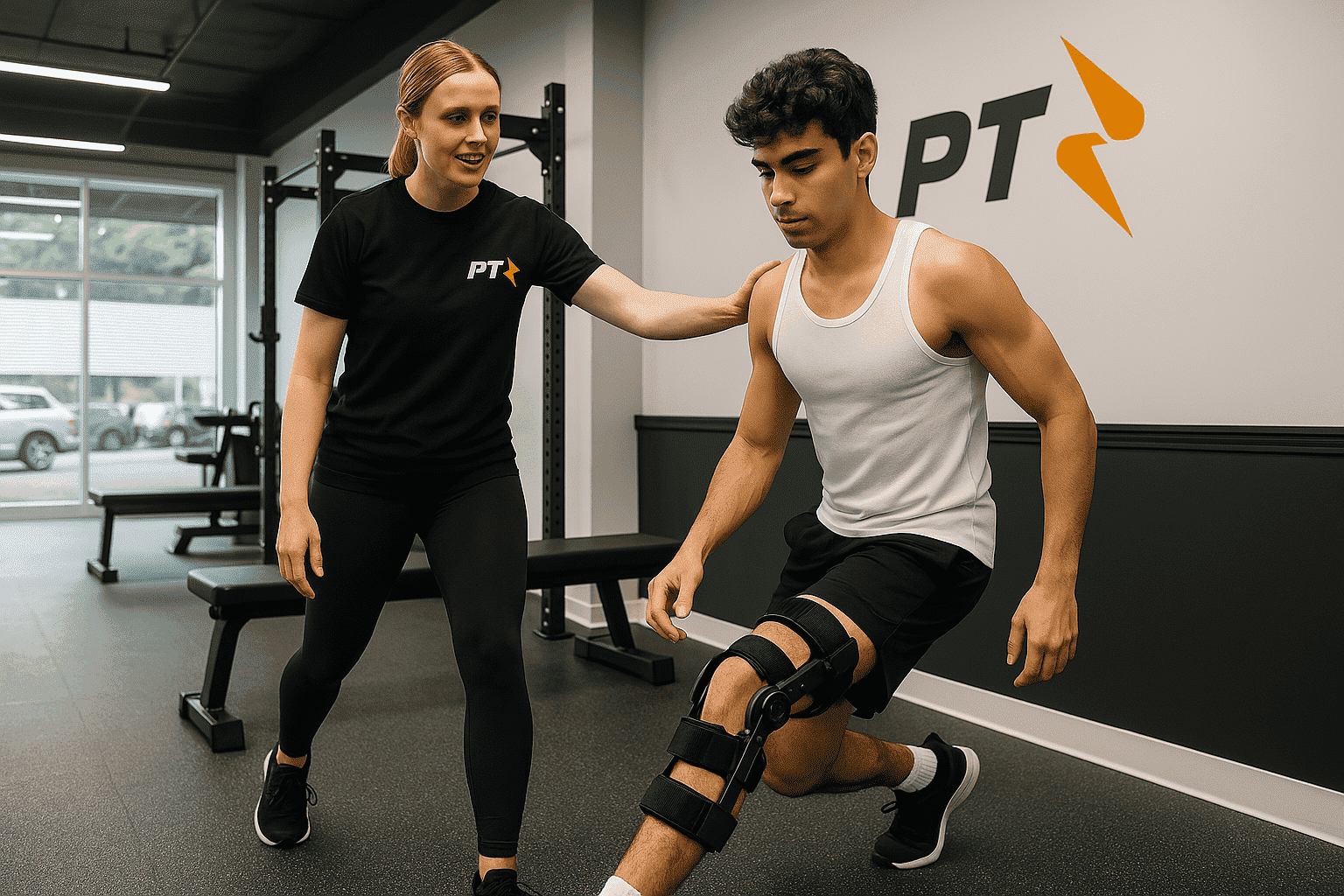Accelerate Your Recovery with Post-Surgical Rehab
- Promotes effective tissue healing
- Minimizes post-operative pain and inflammation
- Restores strength and flexibility
- Helps prevent complications
- Facilitates safe return to daily activities

What is Post-Surgical Rehab and
How Does It Help?
Post-surgical rehabilitation is a specialized program designed to help patients regain function, mobility, and strength after an operation. Whether you’ve had a joint replacement, ligament repair, or tendon reconstruction, post-surgical rehab tailors exercises and therapies to your exact stage of healing.
By combining targeted exercises, manual techniques, and pain management strategies, rehab supports proper tissue healing and prevents complications such as stiffness or scar tissue buildup. This structured approach can minimize discomfort and speed your overall recovery timeline.
Post-surgical rehab helps you safely transition from early-stage protection to advanced strength and stability training, ensuring you can return to daily tasks, sports, or work with confidence.
Under the guidance of a licensed physical therapist, each session is carefully progressed to match your healing stage. This ensures you regain strength and function safely while reducing the risk of re-injury. As you improve, your therapist will refine your exercise program to target any lingering weaknesses or imbalances.
Ultimately, post-surgical rehab fosters a smoother, more complete recovery—empowering you to return to the activities that matter most with better mobility and minimal pain.

In The Zone
Conditions Post-Surgical Rehab Can
Help Address: (A-Z)
ACL Tear
Targeted strengthening and guided mobility after ACL surgery support knee stability, helping you safely progress back to walking, running, and sports.
Achilles Rupture
Gentle exercises and progressive loading help rebuild calf strength, restore range of motion, and prevent re-rupture after Achilles tendon repair.
Joint Replacement (hip, knee, shoulder)
Rehab focuses on strengthening surrounding muscles, improving flexibility, and gradually returning you to normal movement patterns post-surgery.
Labral Tears (hip or shoulder)
Through progressive strengthening, range-of-motion exercises, and stability training, rehab helps the joint capsule heal fully and function properly.
Meniscus Tears
Post-operative rehab promotes cartilage healing, preserves knee range of motion, and rebuilds muscle around the joint to prevent re-injury.
Rotator Cuff Tear
Strengthening exercises and controlled arm movements help the repaired tendon heal, restoring shoulder function and preventing stiffness.
Common Questions About Post-Surgical Rehab
1. When should I start post-surgical rehab?
The ideal time to begin typically depends on your surgeon’s protocol and the type of procedure you had. Many patients can start gentle exercises soon after surgery to minimize stiffness and swelling, while others may need a brief period of rest before beginning rehabilitation.
2. How long does post-surgical rehab last?
This varies based on the complexity of your surgery, your personal healing rate, and your functional goals. Some individuals complete rehab in a few weeks, whereas more extensive procedures may require several months of supervised therapy and home exercises.
3. Is post-surgical rehab painful?
You may experience mild soreness or discomfort as you relearn movements and strengthen healing tissues. However, your therapist will carefully progress your program to challenge you safely, ensuring that pain is managed and not exacerbated.
4. Do I need a referral from my surgeon to start rehab?
In most cases, yes. Typically, your surgeon or physician will provide a referral or prescription outlining any initial precautions. Your physical therapist will then create a rehab plan that respects those guidelines and adapts as you progress.
5. Can I do all my rehab at home?
While a home exercise program is crucial, in-clinic sessions offer hands-on techniques, specialized equipment, and immediate feedback to ensure proper form. Many patients benefit from a mix of supervised visits and consistent home practice for best results.
6. What happens if I skip rehab?
Forgoing or delaying rehabilitation can lead to poor healing, decreased range of motion, persistent pain, muscle weakness, and a higher chance of re-injury. Physical therapy helps safeguard your surgery’s success by guiding you to a complete recovery.
7. How do I maintain my progress after rehab?
Your therapist will provide a personalized home exercise program and recommend lifestyle adjustments—such as safe workout routines or ergonomic changes—to preserve your gains. Regular follow-ups can also help catch any setbacks or new issues early.














